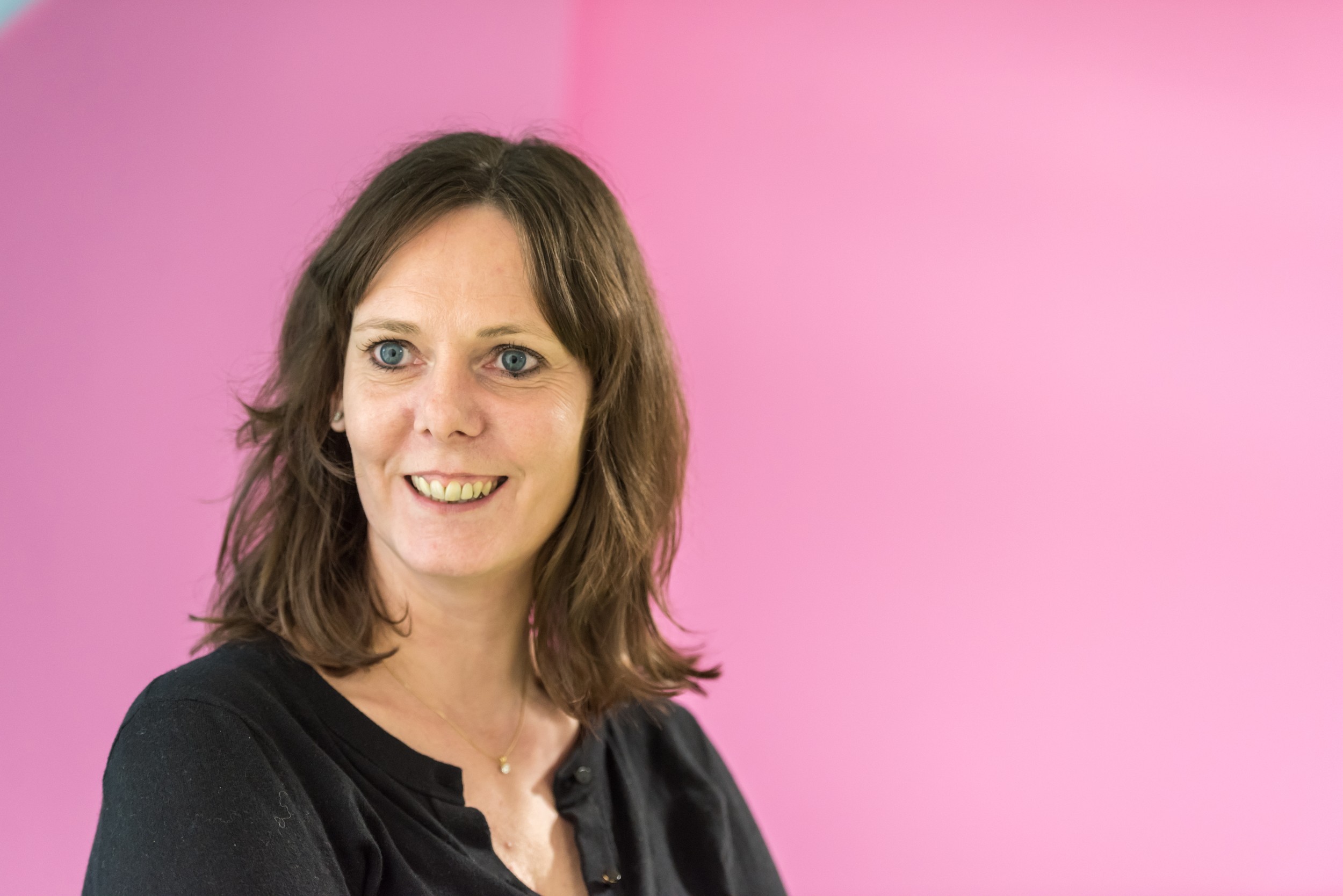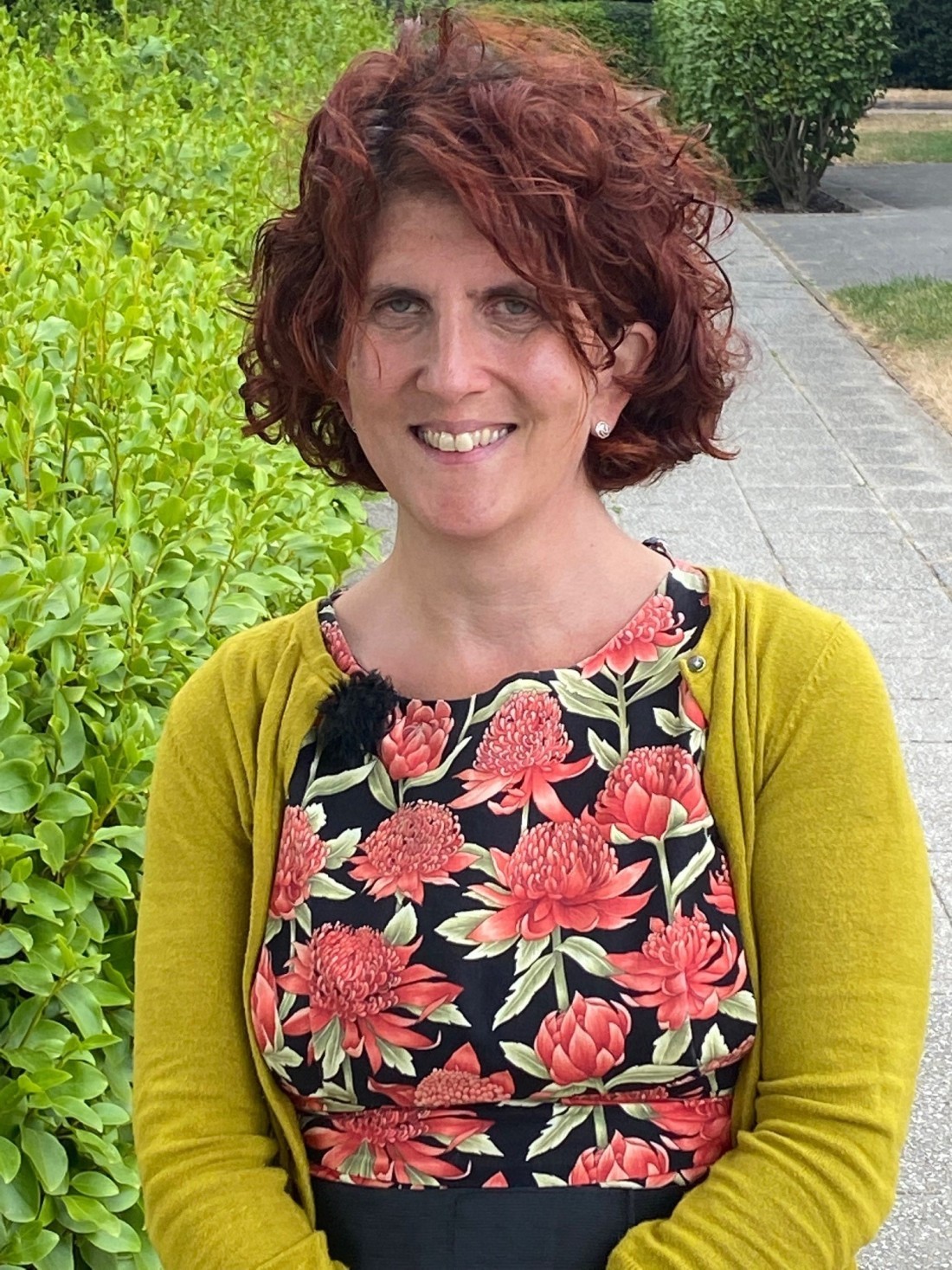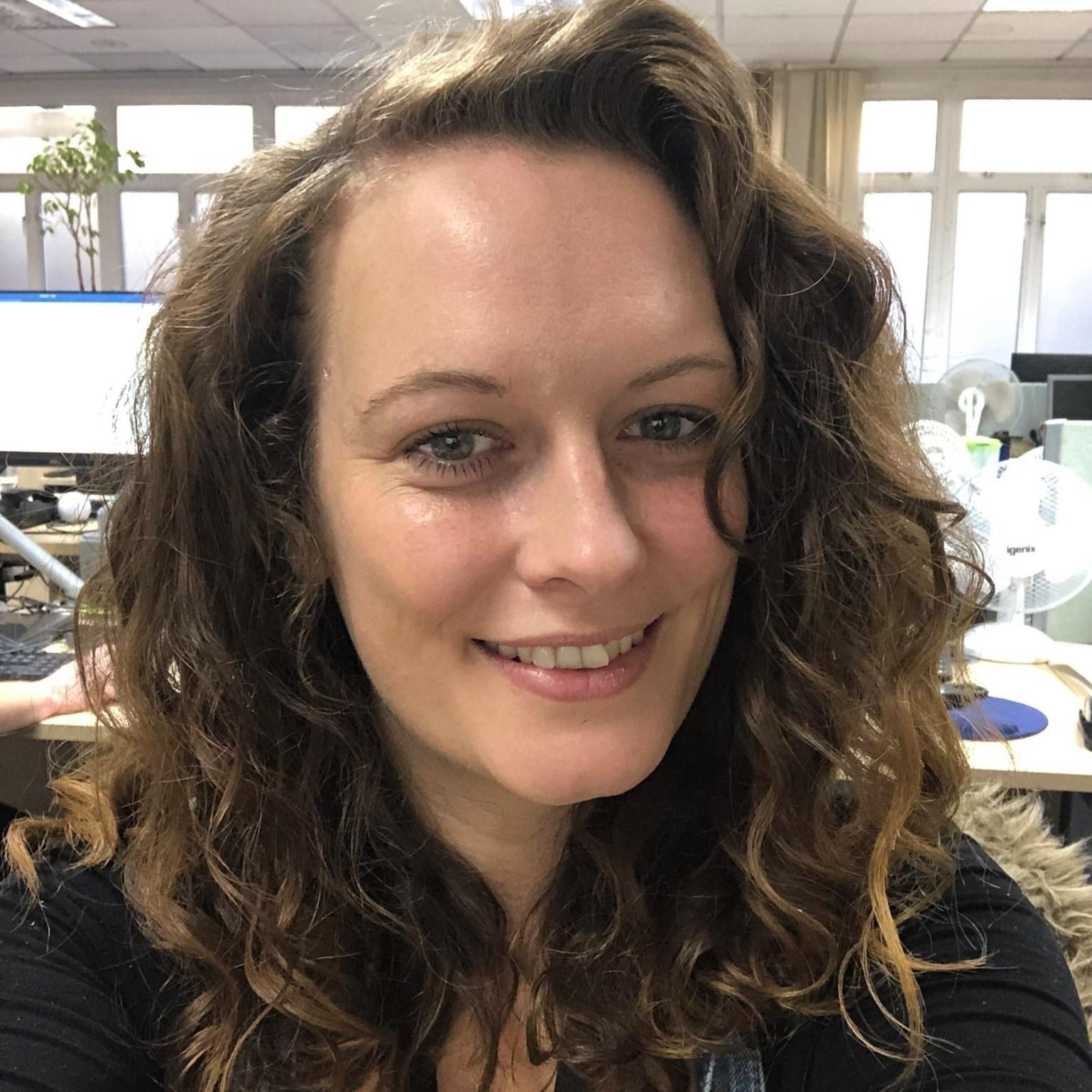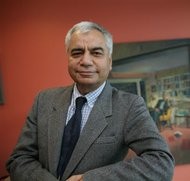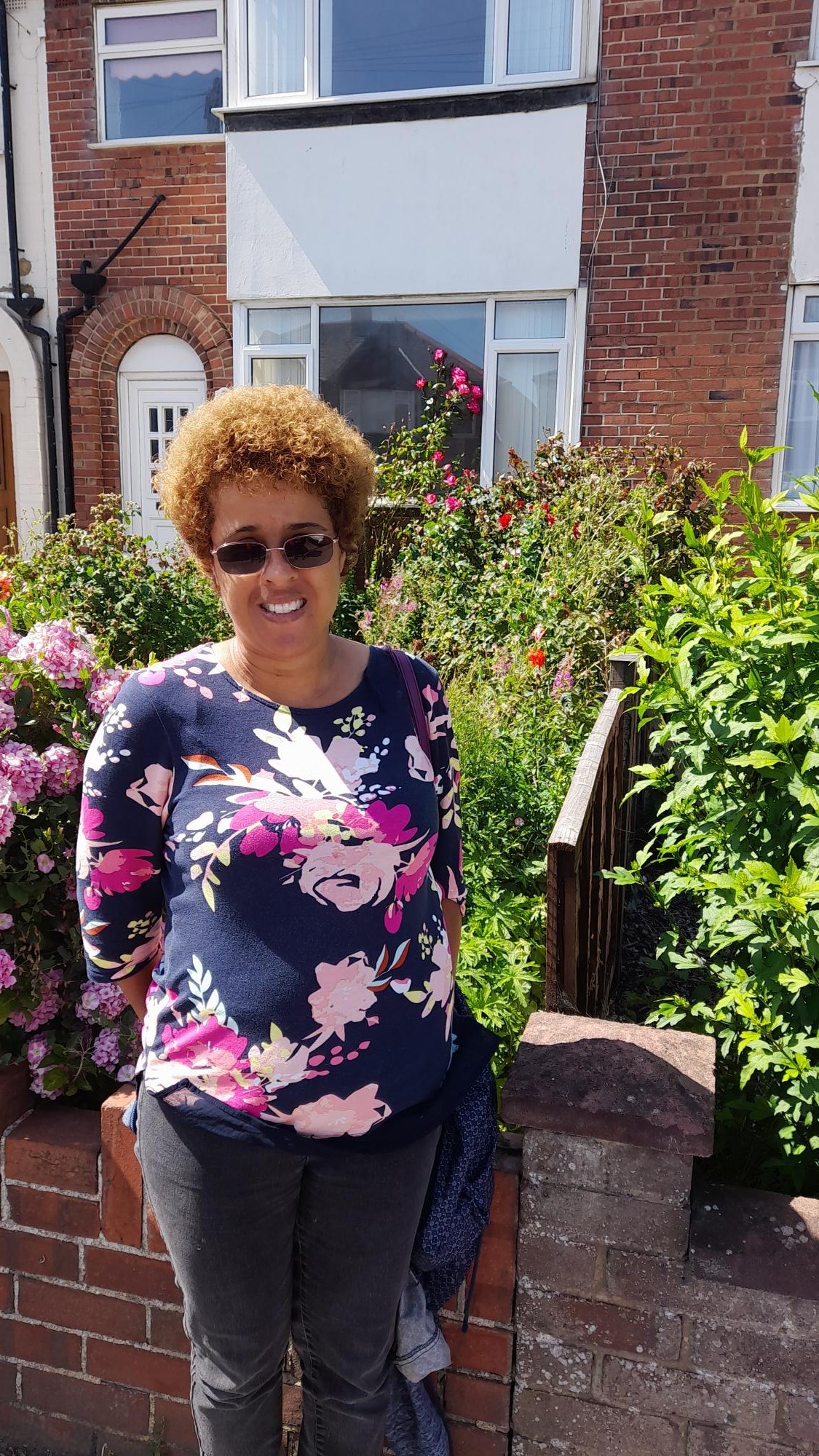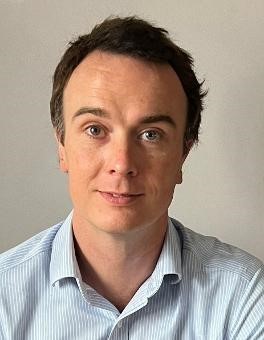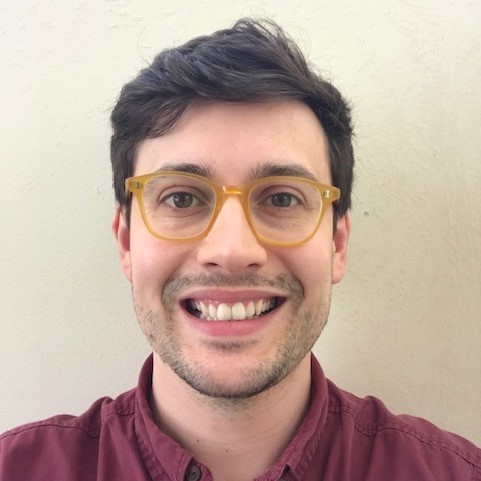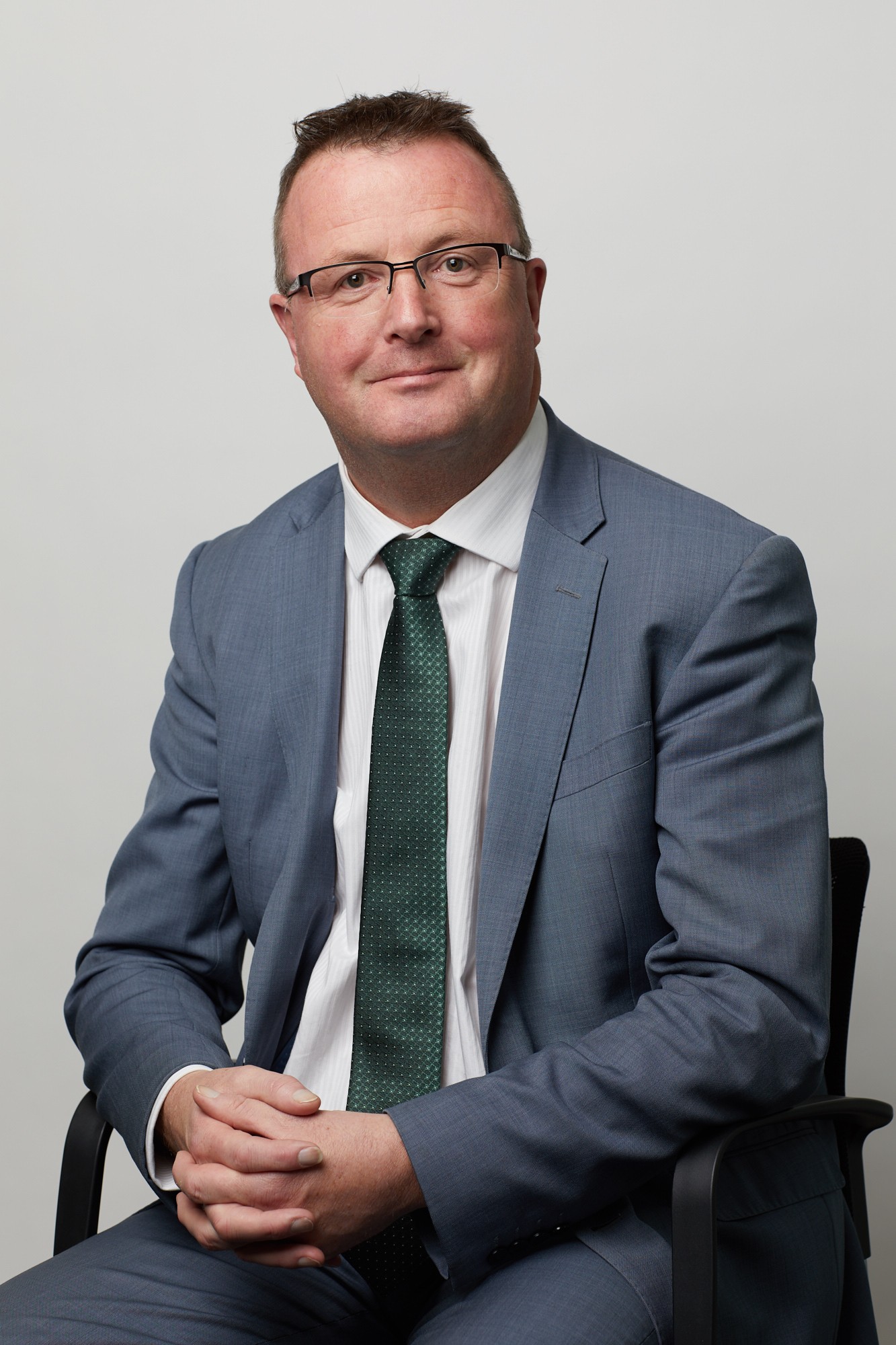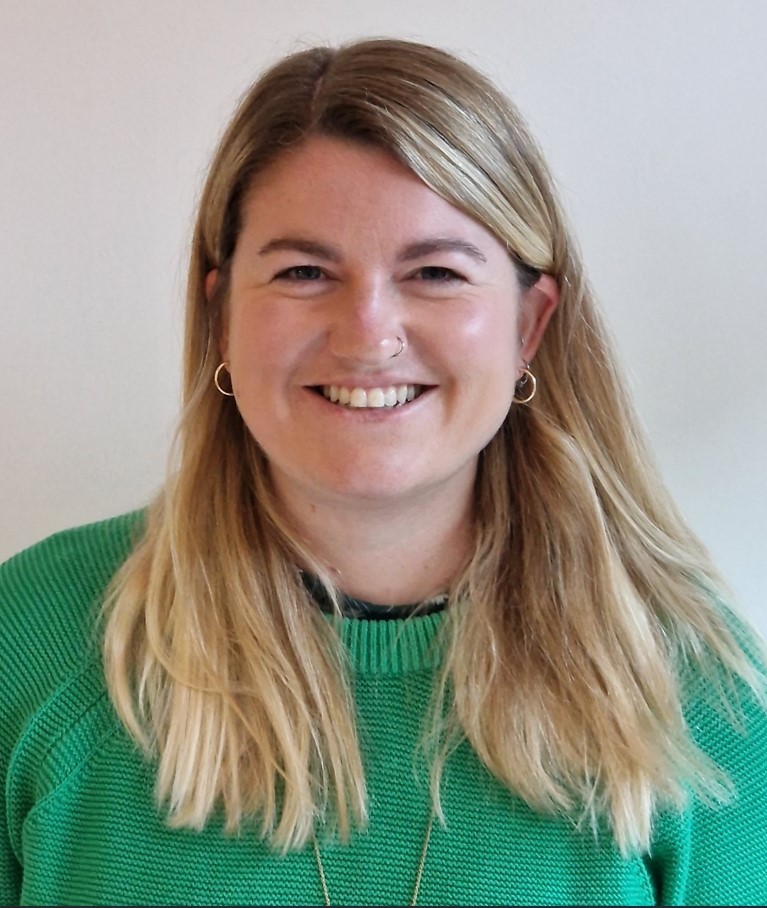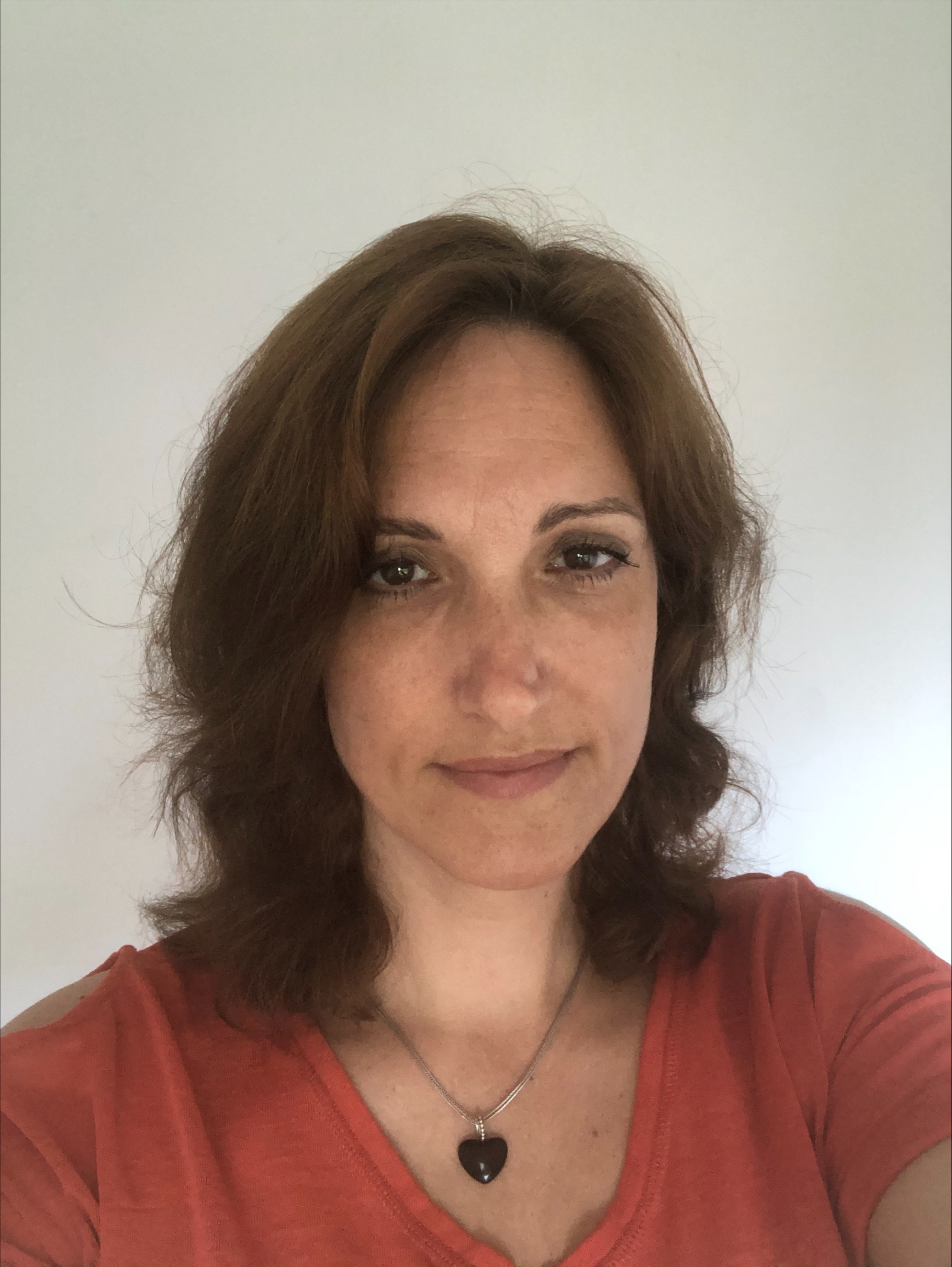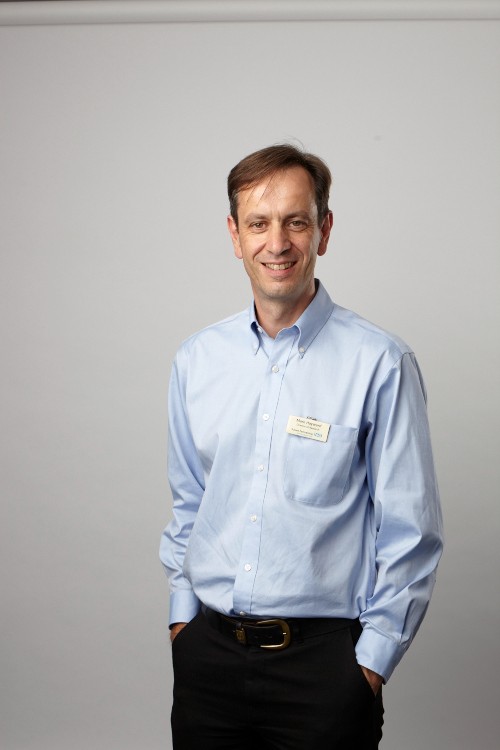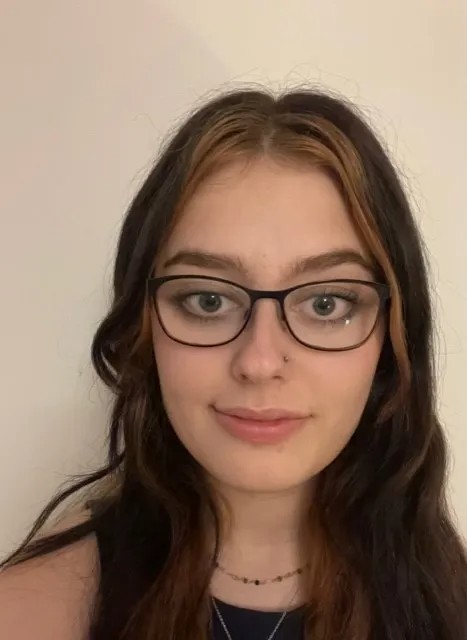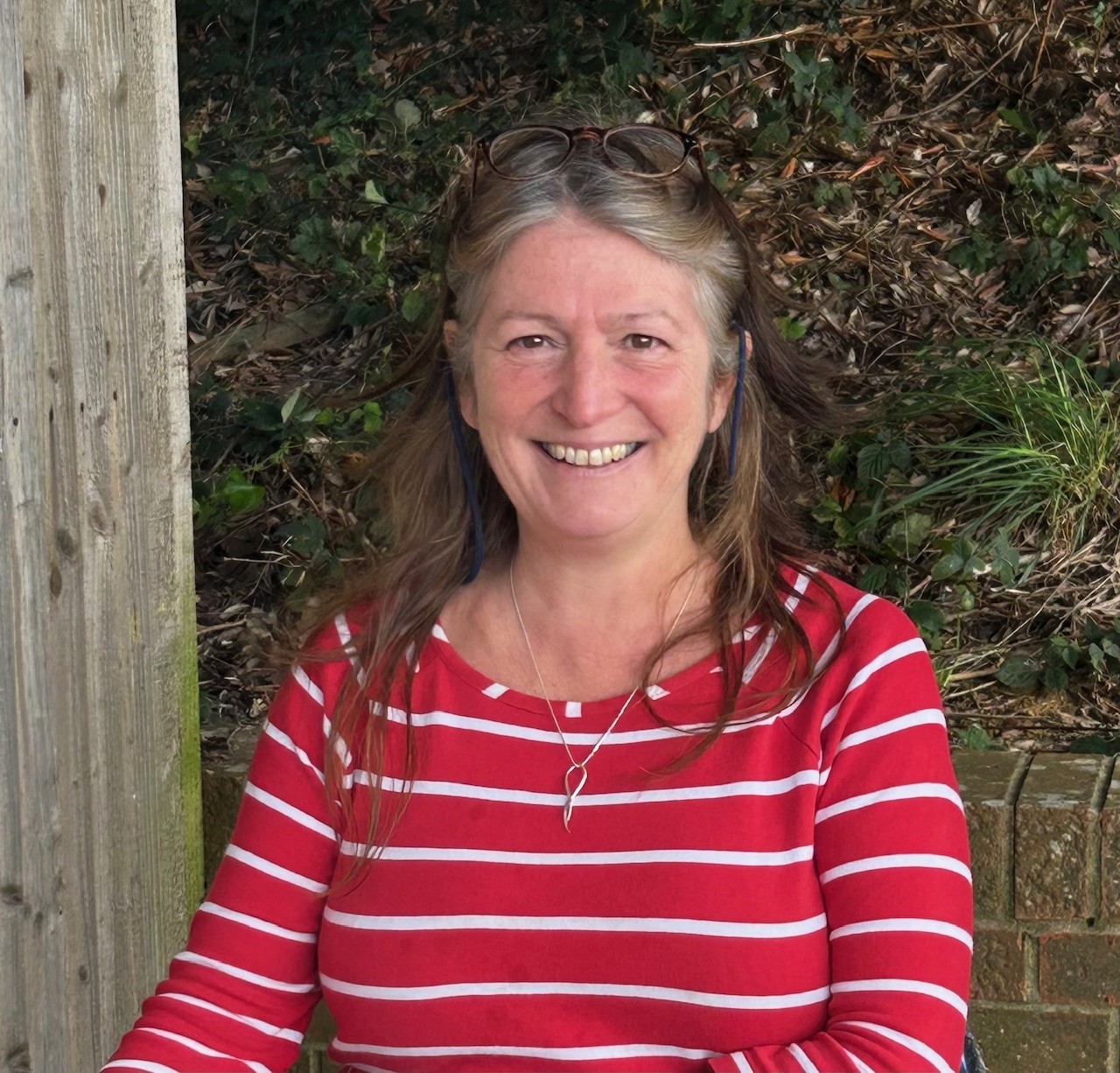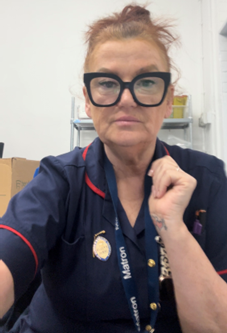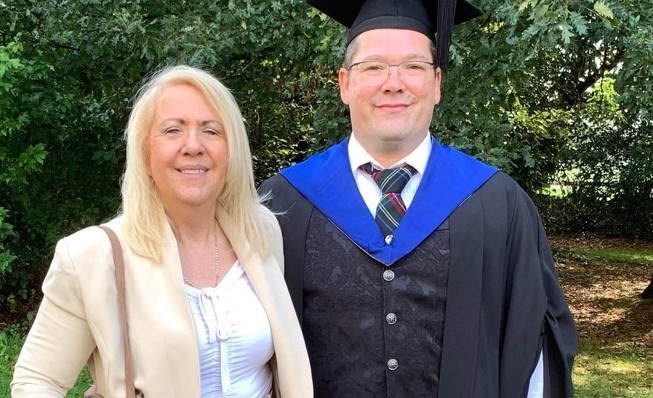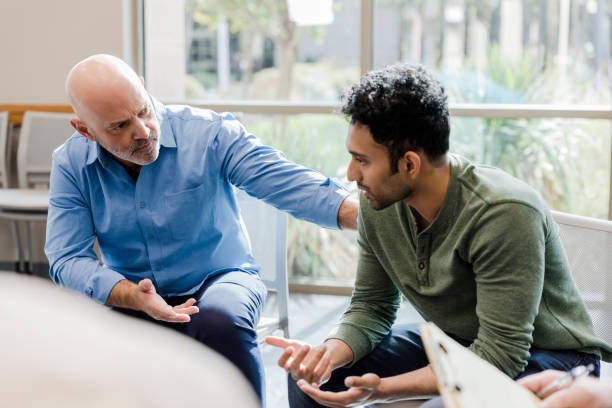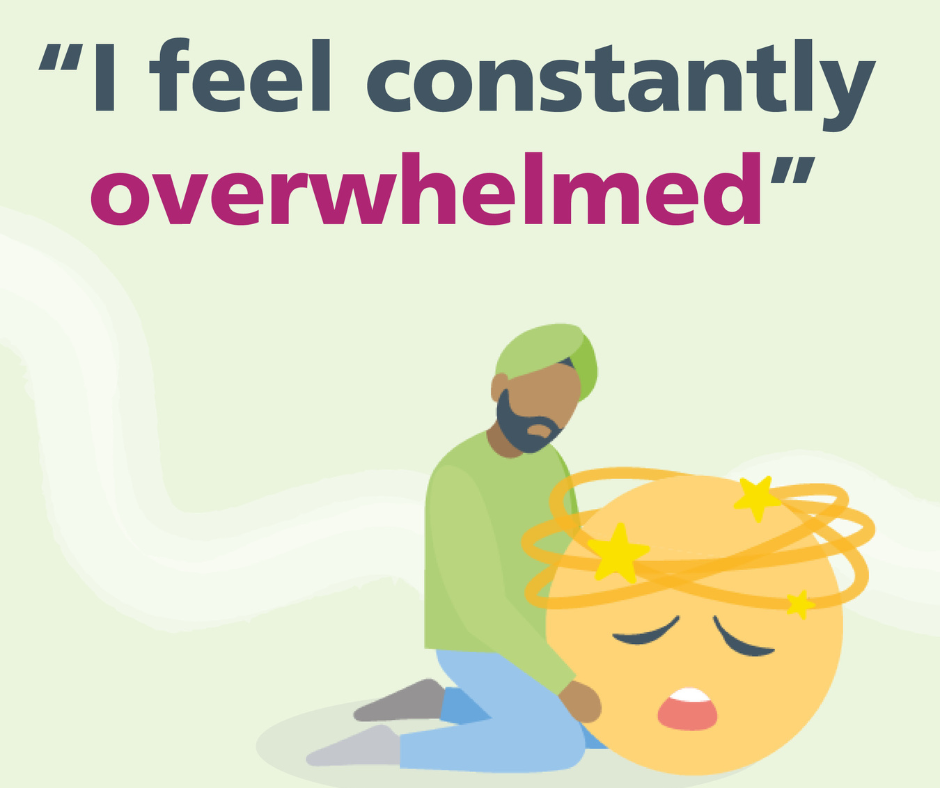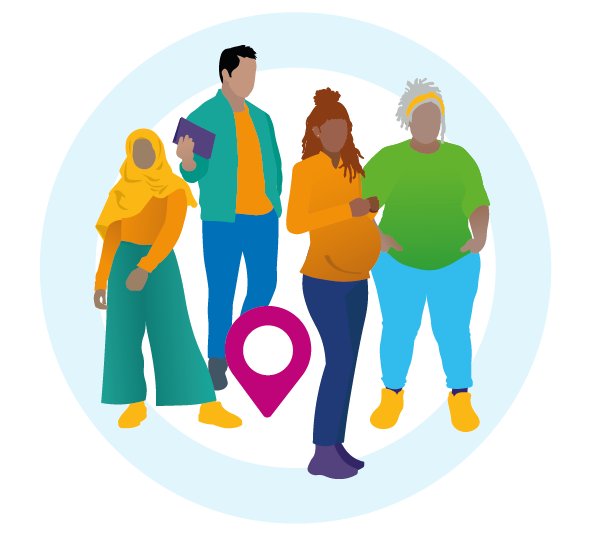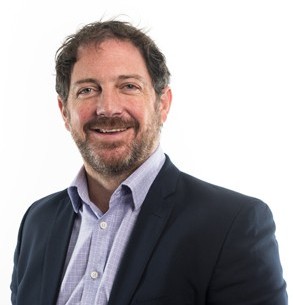
Developing our future strategy
Why are we here?
It's a pretty deep sounding question to ask. Though when it comes to asking that question in the NHS, you would have thought the answer's pretty straightforward.
Of course, the reason we exist is for patients. But if you scratch beneath the surface of that seemingly simple answer, a whole host of other considerations come into play.
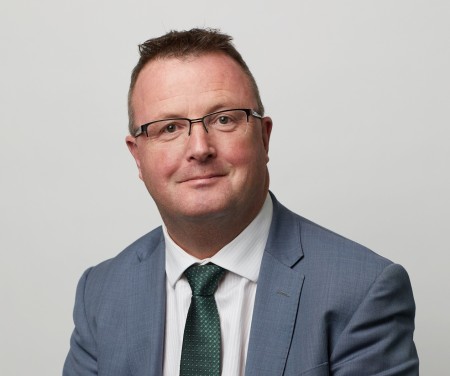
These are big questions that are relevant to the NHS as a whole, as well as our organisation. We've spent the last few months talking to people about them, to inform the co-production of a new organisational strategy, which we'll be launching in April 2025.
We are so grateful to the huge number of people have taken part in this stage of the process, including staff, patients, carers and partner organisations. 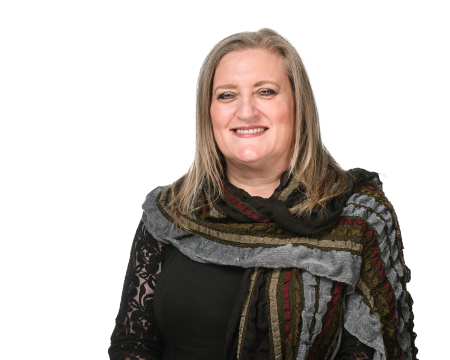
So why does any of this matter? (another deep sounding question).
Like the rest of the NHS, we have a whole set of challenges ahead of us. People in our local communities are living longer with multiple health conditions. We have declining levels of patient satisfaction within the NHS, finite resources and high levels of stress reported by staff. Amidst all of this, we have a duty to pay attention to quality, the health of our local communities and sustainable use of resources.
It isn't an option to carry on as we are in the hope these challenges will go away or that someone else will fix them. Nor can we solve everything ourselves or by working in isolation. But we can focus on how we draw on people's ideas about what is within our gift to do, what we can do differently and what we stop.
There are also huge opportunities that we can harness to make things better for patients. Developments in digital technology have the potential to transform the way that aspects of healthcare are provided. New ways of working with the Voluntary Community and Social Enterprise sector offer the opportunity for innovation. The public still believe in the principles of the NHS.
This is where having a strategy comes in. It's about defining where we want to get to in future so we can make best use of our collective energy, experience and experience to work out how we get there.
People have brought huge energy, ideas and enthusiasm to this process. We have also had frank feedback about what's not working well and what we need to improve. All perspectives are really important to hear. Most importantly, they provide the basis for the action for us to agree and work on together on behalf of the patients, carers, families and local communities we serve.
Sean Duggan
Chair
Dr Jane Padmore
Chief Executive
